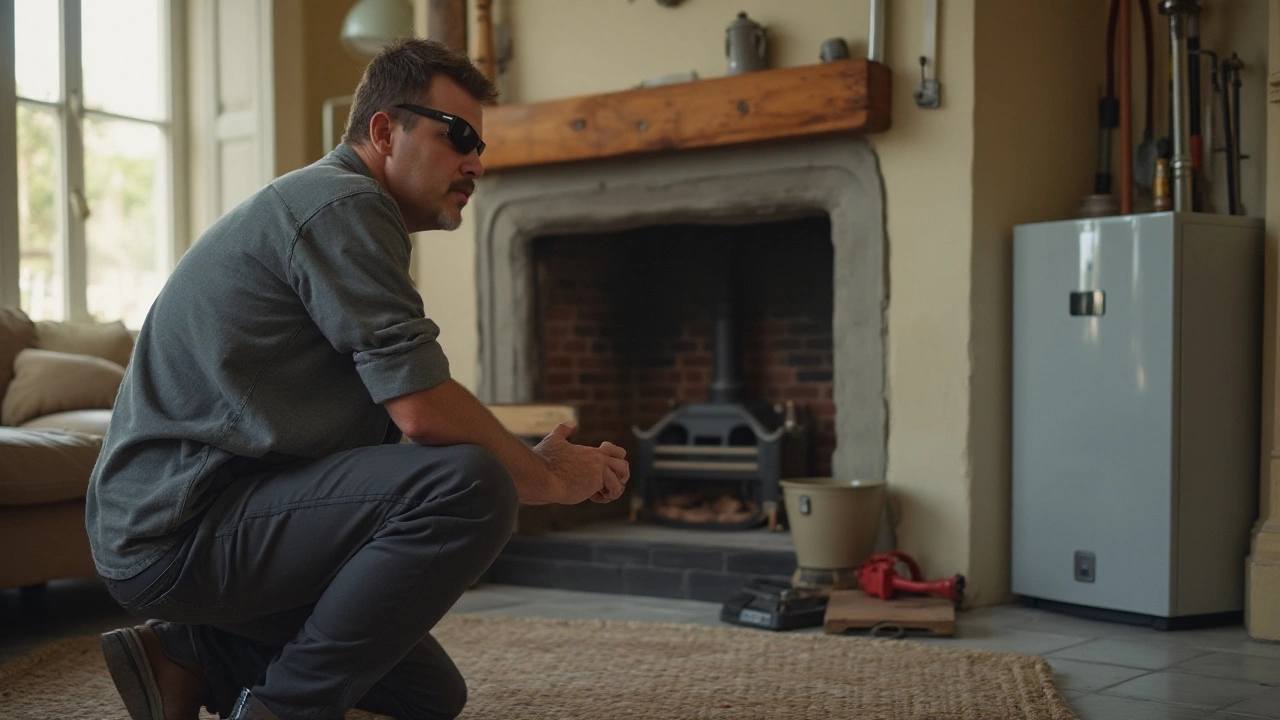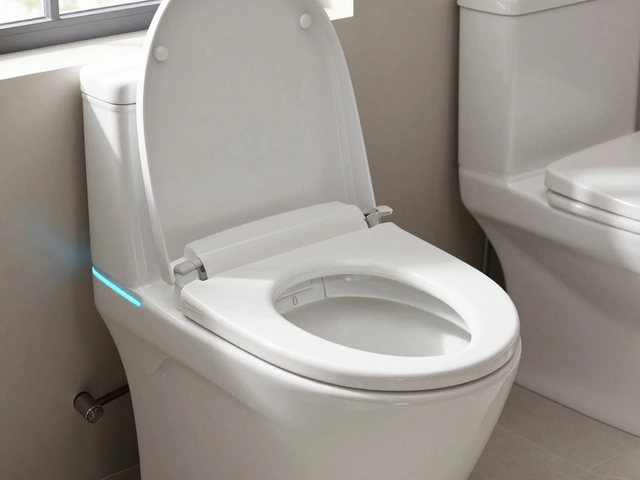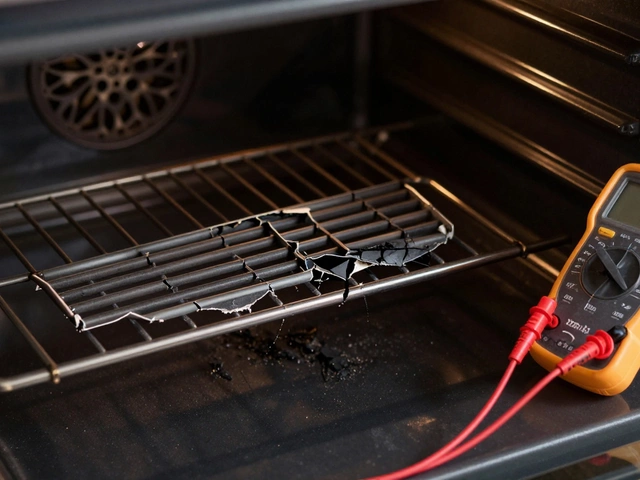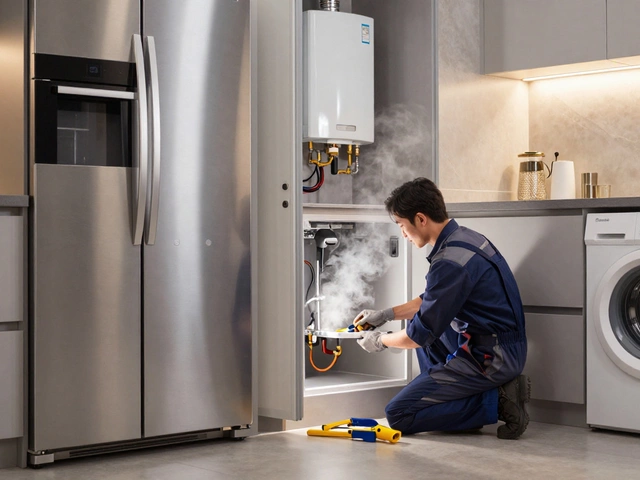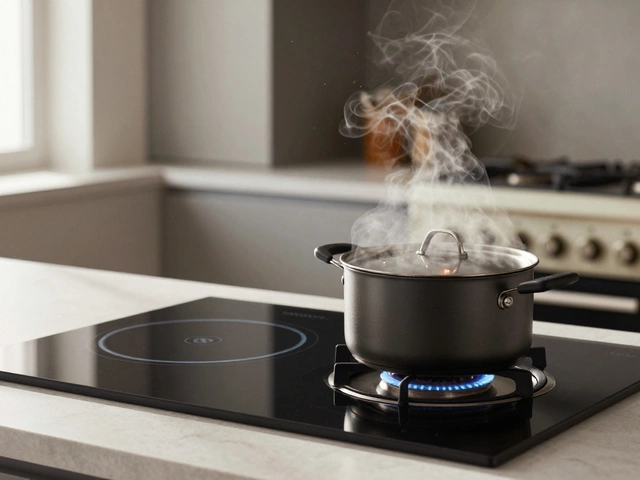Home Heating Repairs & Tips to Keep Your House Warm
If your house feels colder than it should, the problem is often a simple fix that you can spot yourself. Knowing the basics of boiler, heat pump, water heater and fan issues saves you time and money. Below you’ll find the most common signs of trouble and practical steps you can take before calling a technician.
Common Heating Problems and How to Spot Them
Boiler not heating enough. When the radiators stay lukewarm, check the pressure gauge first. A reading below 1 bar usually means you need to top up the system. If the pressure is fine but you still get low heat, look for noisy kettling or trapped air – a quick bleed of the radiators can clear it.
Water heater no hot water. A cold shower often points to a faulty thermostat or a broken heating element. Turn the power off at the breaker, remove the access panel, and feel the element for any burnt spots. If it’s scorching, it’s time for a replacement.
Heat pump losing efficiency. If you notice the unit runs longer but the house stays cool, the outdoor coil may be clogged with debris. Gently spray the coil with a garden hose and clear any leaves. Also, check the filter – a dirty filter forces the pump to work harder.
Extractor fan won't turn on. Fans in kitchens or bathrooms often fail because the motor gets stuck or the switch is faulty. First, unplug the fan and give the motor a few taps – sometimes the rotor just needs a little nudge. If it still won’t spin, swap the wall switch with a known good one to see if power is the issue.
Regular maintenance cuts down on these surprises. Flushing your boiler once a year, cleaning heat‑pump coils seasonally, and wiping fan blades monthly keep the system running smooth.
When to Call a Pro in Hinckley
There are a few scenarios where DIY stops and professional help starts. If you smell gas, shut off the main valve immediately and call a certified heating engineer – never try to fix a gas leak yourself. A boiler that constantly trips the safety valve, a heat pump that shows error codes on the display, or a water heater that leaks from the tank also need a qualified technician.
Hinckley Home Appliance Repair Services has a team that knows every make and model you might have. We can diagnose a stubborn boiler, replace a heat‑pump control board, or get an extractor fan humming again in under an hour. Our rates are transparent and we always explain what we’re doing, so you’re never left guessing.
Before you schedule a visit, gather the model numbers and a quick list of the symptoms you’ve observed. That info helps our techs arrive ready to fix, not just to ask questions.
Keeping your heating system in good shape is a bit like regular car service – a little attention now prevents a big breakdown later. Follow the quick checks above, do a seasonal clean‑up, and call us if anything feels beyond your comfort zone.
Warm homes start with smart care. With the right know‑how and a trusted local repair team, you’ll stay cozy without surprise bills. Got a heating issue right now? Give Hinckley Home Appliance Repair Services a call and let us sort it out fast.
17 January 2025
·
0 Comments
Exploring the lifespan of a home boiler system can help homeowners make informed decisions regarding repairs and replacements. Factors such as usage, maintenance practices, and types of boilers play a significant role in determining how long they last. This article delves into these elements while offering practical tips to ensure your boiler serves you efficiently and safely for many years. Learn when it might be time to replace your unit, and how regular check-ups can enhance longevity.
Read more
9 November 2024
·
0 Comments
Replacing a boiler can seem daunting, but knowing what to expect can make it easier. This article details the timeline for replacing a boiler, covering preparation, installation, and cleanup. It also discusses factors that might affect the duration, including the type of boiler and complexity of the system. Useful tips and interesting facts about boilers help homeowners make informed decisions. Whether upgrading to a more efficient model or replacing an old unit, planning is key to a smooth process.
Read more


